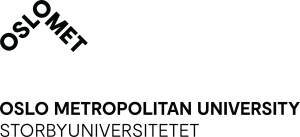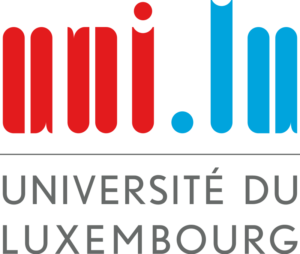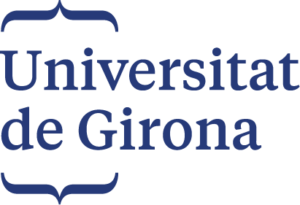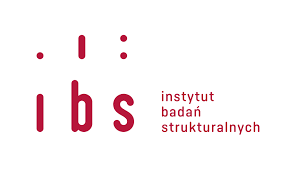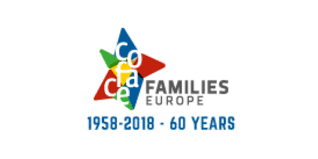Disentangling the dimensions of discrimination in the labour market to gain knowledge on developing inclusive labour markets for persons in vulnerable situations.
PATHS2INCLUDE European Labour Market Under Pressure – New Knowledge on Pathways to Include Persons in Vulnerable Situations, is a European project, financed under the Horizon 2030 Research and Innovation Programme, that aims to discover the importance of intersectionality related to how context puts people in vulnerable positions. The research project focuses on three central labour market processes:
- recruitment
- career trajectories
- work exit
in addition to predict vulnerability risk factors in the future of work. The project is implemented by an interdisciplinary consortium of seven research institutions and one European civil society organisation from 8 European countries, among which ARCO’s Inclusive Development Unit has been involved.
The context
Despite economic growth in several European countries and an increasingly diverse workforce, many social groups, such as women, immigrants, people with disabilities, sexual minorities and older workers, continue to be vulnerable to discrimination and disadvantaged in the labour market. The experience of temporary exclusion from the labour market heightens the risk of long-term unemployment and economic inactivity.
The challenge of developing evidence-based policy responses to overcome discrimination for an inclusive labour market belongs to interlinked and mutually supporting social protection and employment policies. As an extension of this, the main ambition of PATHS2INCLUDE is to expand the understanding of the multidimensional aspects of labour market discrimination, the impact of different policy frameworks, the gaps and possible need for change on various levels in order to detect mechanisms and processes that shape barriers or facilitate inclusive labour markets.
The project
Project partners will use various empirical strategies to study these processes and precarious work situations to deliver new knowledge on best practice for labour market inclusion. The consortium will employ a harmonized cross-national factorial survey experiment and qualitative interviews with employers to gain a better understanding of why and under which contextual conditions barriers are shaped, and how to develop inclusive practices. Moreover, researchers will use available harmonized data sets, namely European Union Statistics on Income and Living Conditions (EU-SILC) and the European Labour Force Survey (EU LFS), to conduct comparative quantitative analyses and microsimulations to generate best practices that promote inclusion, upward convergence in employment and decent work for persons in vulnerable situations.
Moreover, through the involvement of national and European stakeholders, PATHS2INCLUDE aims to develop proposals for effective policies and to inform relevant policymakers with a view to maximising the project’s impact from a societal as well as scientific perspective.

